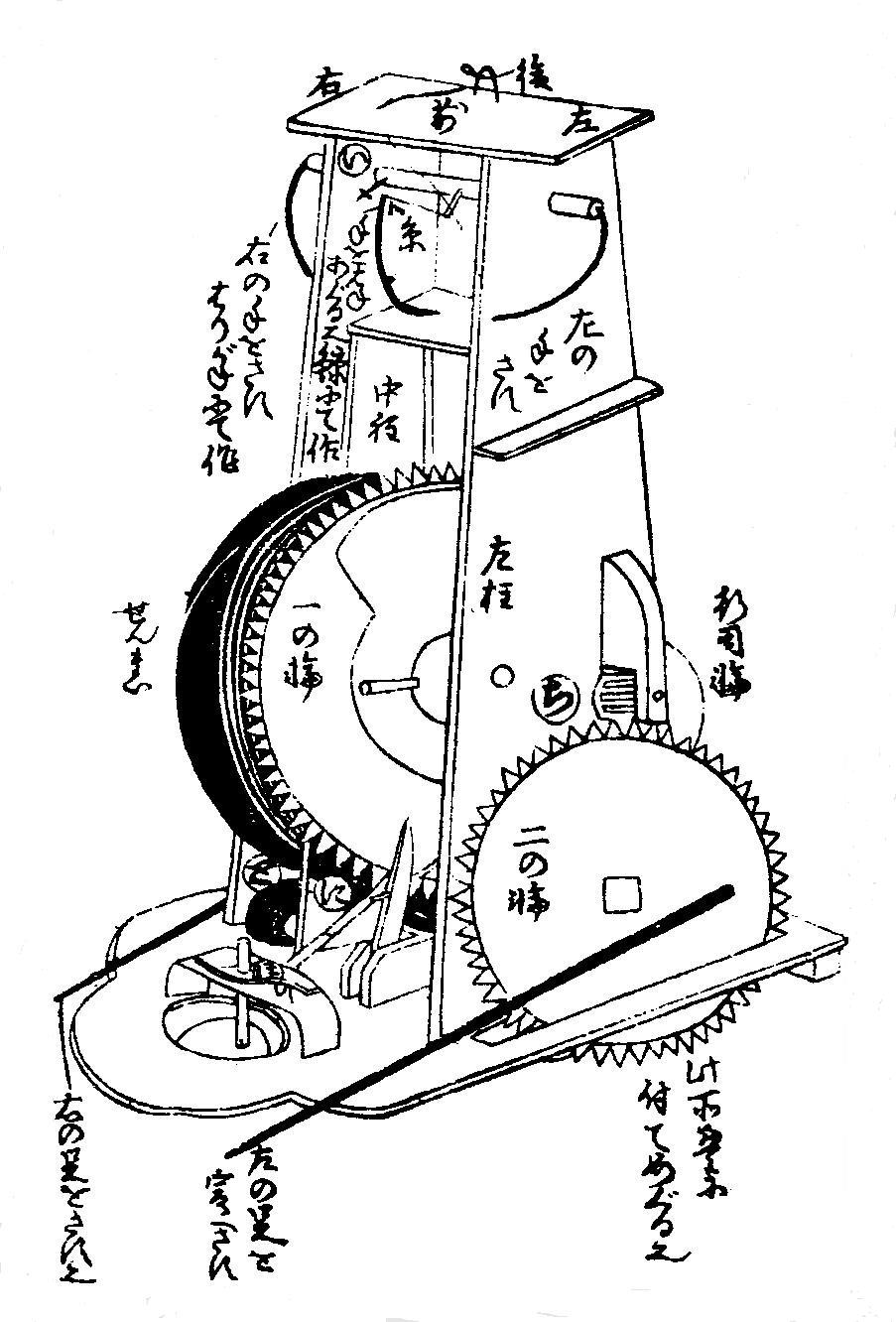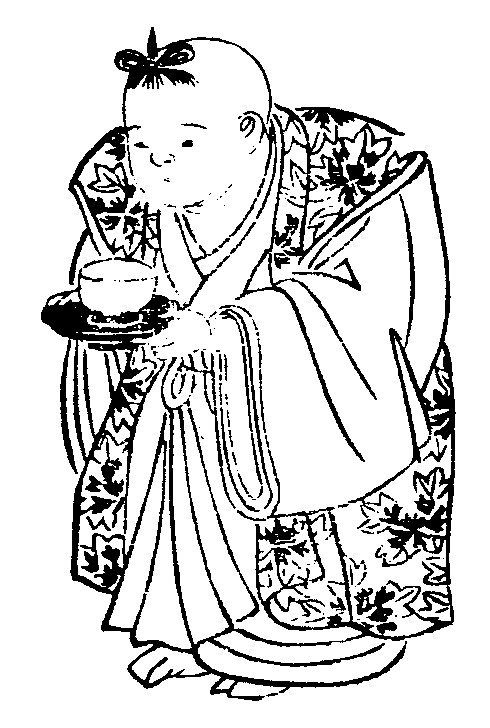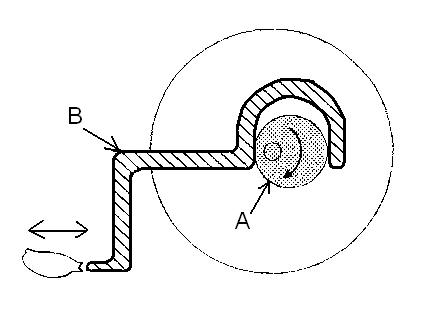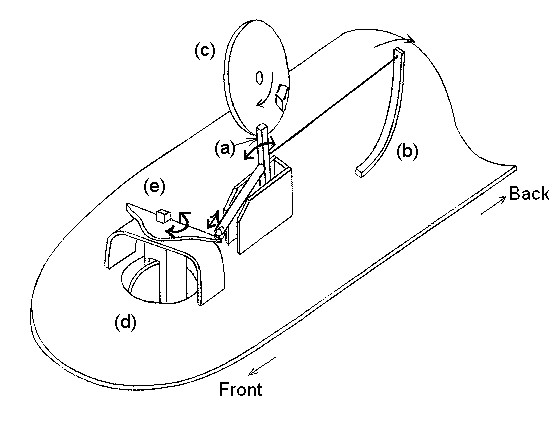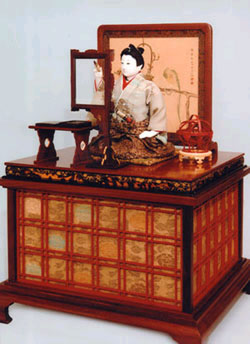Hello! This week I’m going to introduce you the distribution of Karakuri especially that I showed in my blog week3 like follows.
<Dashi karakuri(山車からくり)>
<Dashi karakuri(山車からくり)>
It is used at festivals which puppets are used in to tell the myths and legends and so on.
In Japan, There are as many Karakuris as there are people.
This time I use the book “図説 からくり人形の世界(千田靖子/法政大学出版局)” as a reference. According this book, It seems that many of Dashi karakuri are used in the Chubu region. In fact, 49 of karakuri festival are held in Aichi prefecture, 18 of that are in Gifu prefecture and so on(there are about 100 festivals are introduced).
< Tsunabi(綱火:rope fire ceremony) — Ina and Mitsukaido cities in Ibaraki prefecture >
fireworks and smoke make fairly tale fantastic!
In Sengoku era gun-powder was very important as weapons. With the development of gun-powder’s technology, Tsunabi had developed as a ethnic performance which is played with dolls and fireworks and Japanese orchestra.
This puppet show is ritual event of dedication of sowing wheat to destroy big snake that torments villagers. “Hinkoko” derives from “hinomiko(火のみこ)”, it means “Susamikoto(須佐男命)” or from the yell of the festival “hinkoko, chai chai”. Hinkoko dolls are made from a hamper and wore the closs which is made by “Mino washi(Japanese traditional paper)”.
After this festival villagers begin sowing.
The effect of Gion festival at Kyoto in Heian era had Dashi festival with spectacular Japanese orchestra. That festival developed deluxe which symbolizes popular culture with synchronizing commercial flourishing.
The feature of “Iwakura Karakuri doll” is that the body which storages devices is made by local amateur people. We are able to see their passion for Karakuri. They seemed to refer to Imuyama festival that is held near by Iwakura. Every year they visited there to detect the secrets of Karakuri and copied the playing skills.
< A water wheel Karakuri at Kaseda ― Kagoshima prefecture >
In this year this doll are symbolizing samurai because to admire them. In Kaseda, this play shows the scenes of battle that the tiger extermination by Kiyomasa Kato, Ushiwakamaru and Benkei at Gojyouoohashi, a mark of Yoichi at Nasu(那須の与一扇の的), Battle of Sekigahara, prosperity of Shimazu family and so on.
These Karakuri owe their movement to water wheels that move because of a river in front of a shrine. Karakuri dolls move with belt conveyor.The feature of a water wheel Karakuri is that it is able to for a long time with no person. (502 words)
